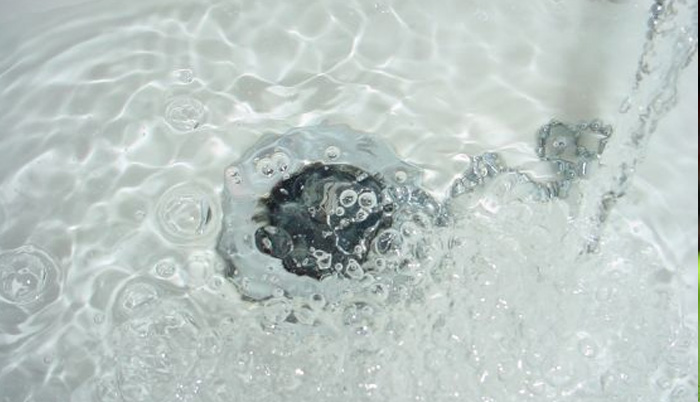![]() Home > Singapore
Home > Singapore
Govt Will Ensure ‘Higher Water Prices Do Not Hurt Singapore’s Competitiveness’

The anticipated higher costs of producing water and the need to price water right in view of the less reliable weather are reasons behind the first price adjustment for water in Singapore in 17 years. Photo: www.freeimages.com
![]() February 9th, 2017 | 10:33 AM |
February 9th, 2017 | 10:33 AM | ![]() 1421 views
1421 views
SINGAPORE
Water prices have been too low, but in raising them, the Government will be mindful of the need to not make it uncompetitive for businesses to operate here, the authorities said yesterday at a pre-Budget consultation session on water demand management.
The session was held a day after Minister for the Environment and Water Resources (MEWR) Masagos Zulkifli announced that water prices would increase after remaining unchanged for 17 years, to reflect the cost of production and to encourage conservation.
The 32 participants included representatives from heavy users such as the semiconductor and petrochemical industries, building owners as well as individuals and academics.
“There was a view that by announcing a water price increase, it would deter new industries from coming to Singapore,” Mr Masagos told reporters on the sidelines of the session.
“While we need to increase our price, we are also mindful that we have to be competitive globally.”
National water agency PUB will “ensure while it needs to recover its costs, it cannot do so by sacrificing the competitiveness of Singapore to attract industries to come in, and we’ll make sure it doesn’t happen”, he said.
Currently, non-domestic users consume 55 per cent of Singapore’s water, and the proportion is set to hit 70 per cent by 2060. Petrochemicals and chemicals companies as well as refineries make up 17 per cent of non-domestic water demand, followed by wafer fabrication, semiconductor and electronics firms at 13 per cent.
Other water guzzlers include hotels (3 per cent), retail and office buildings (2 per cent), purpose-built dormitories (2 per cent) and government premises (2 per cent).
Participants from industry said water efficiency measures and incentives need to be taken upstream because retrofitting is costly and difficult. Since 2015, non-domestic users that consume more than 60,000 cubic metres of water per year have had to submit water-efficiency management plans to PUB annually for at least three consecutive years.
The participants said PUB should, in turn, provide them with more data on benchmarks.
They also highlighted obstacles in their quest to save water. Some building owners use rainwater for flushing toilets, but the rainwater may be slightly discoloured, and patrons end up flushing several times, for instance.
In office and commercial buildings, about half of the water used is for air-con chillers, while 40 per cent is for restrooms, and the remainder is for general washing and irrigation.
Wafer fabrication plants may want to increase the amount of water recycled — the average is 45 per cent —but this will mean the concentration of substances such as sulphates in their discharge will be higher, said another participant.
Meanwhile, domestic users suggested that the PUB replace old appliances in older flats that are not water efficient, and that the agency share data on the precinct level to get people to save water. There could be also be initiatives such as a Dirty Car Day, they said.
MEWR permanent secretary Choi Shing Kwok acknowledged suggestions to fine-tune some policies. He agreed with the need to ensure flushing cisterns and other appliances “work effectively before measuring whether (they’re) saving water”, and said the authorities could look into whether the policy on the number of water meters allowed is overly restrictive.
Source:
courtesy of TODAY
by NEO CHAI CHIN
If you have any stories or news that you would like to share with the global online community, please feel free to share it with us by contacting us directly at [email protected]